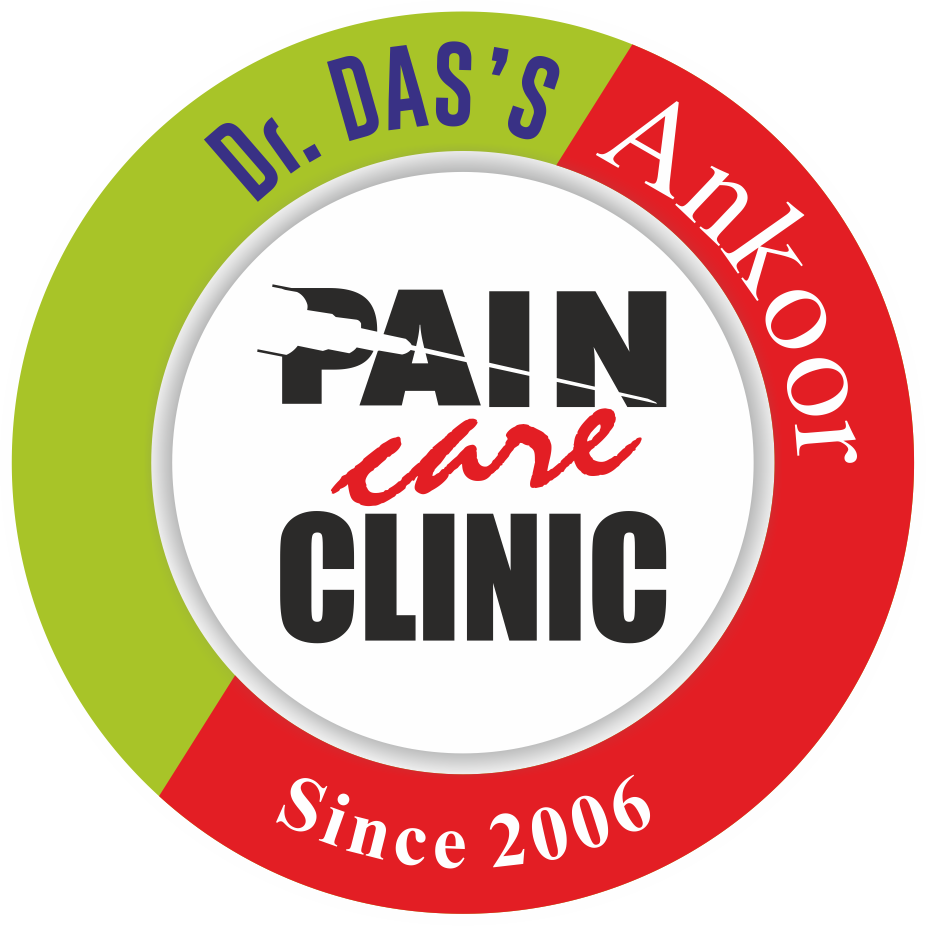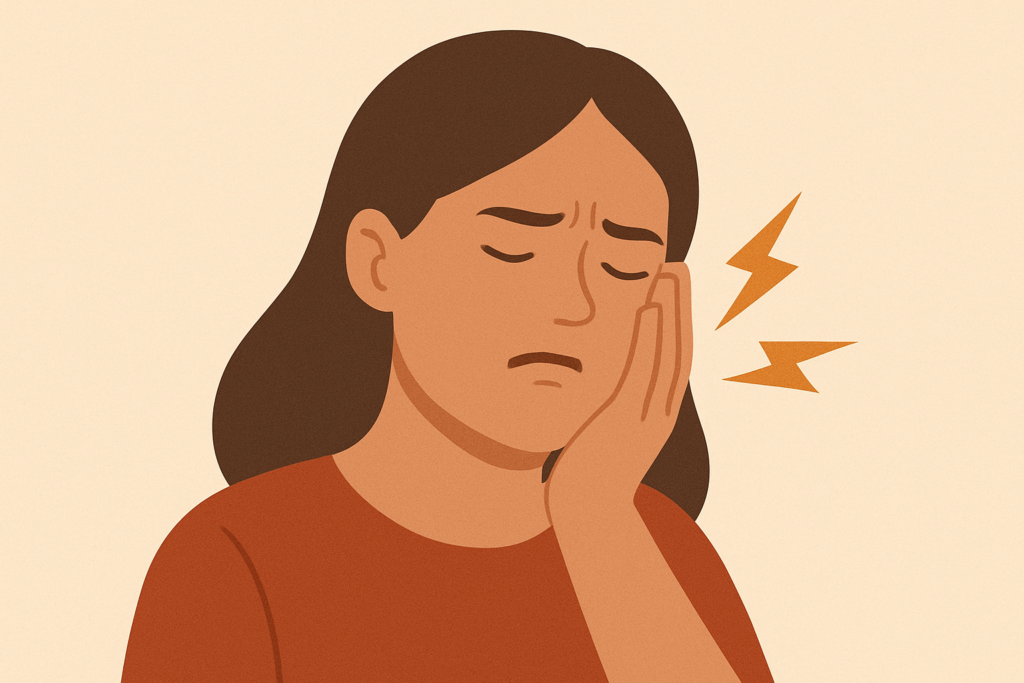Imagine being afraid to brush your teeth, talk, or even feel the wind on your face. Not because of anxiety, but because any small touch could trigger an unbearable, stabbing pain.
This is the everyday reality for people living with Trigeminal Neuralgia (TN) — a condition so intense, it’s been nicknamed the “suicide disease.”
💥 What Is Trigeminal Neuralgia?

Trigeminal Neuralgia is a chronic nerve pain disorder that affects the trigeminal nerve—the nerve responsible for sensation in your face.
When this nerve is compressed or irritated, it misfires, sending pain signals to the brain even without any physical harm.
Common Triggers Include:
-
Light touch on the face or jaw
-
Brushing teeth or chewing food
-
Smiling or talking
-
Wind or temperature changes
These everyday actions can cause excruciating electric-shock-like pain, usually on one side of the face. Episodes can last from a few seconds to minutes, and they can recur dozens—or even hundreds—of times a day.
🧠 What Causes It?
In many cases, blood vessels compressing the nerve near the brainstem are to blame. This can wear down the protective covering of the nerve (called the myelin sheath), leading to misfiring and pain.
Other causes may include:
-
Multiple sclerosis
-
Tumors or cysts near the nerve
-
Facial trauma
-
Sometimes, there’s no clear cause at all (idiopathic TN)
🩺 Why It’s Often Misdiagnosed
Trigeminal Neuralgia is frequently mistaken for dental issues like toothaches, sinus infections, or even migraines. As a result, many patients end up undergoing unnecessary dental procedures or spend years searching for answers.
The key difference? Trigeminal Neuralgia pain is sudden, intense, and shock-like. It doesn’t respond well to regular painkillers or antibiotics.

Treatment Options
The good news is: help is available.
Treatment options include:
-
Medications: Anticonvulsants like carbamazepine are often the first line of treatment.
-
Nerve blocks or injections: Can provide temporary relief.
-
Surgery: In cases where medications don’t work, procedures like microvascular decompression (MVD) can reduce pressure on the nerve.
-
Alternative Therapies: Acupuncture, physical therapy, and lifestyle changes may help in combination with medical treatments.
💬 Living With Trigeminal Neuralgia
TN doesn’t just affect the body—it impacts mental health, social life, and relationships. Many patients report feeling isolated, disbelieved, or even depressed.
If someone tells you their face hurts in ways you can’t see, believe them. Their pain is real.
🧘♀️ Hope Through Awareness and Early Diagnosis
Awareness can save years of suffering. Early diagnosis means faster access to the right treatments and less emotional trauma. If you or someone you know experiences unexplained facial pain, consult a neurologist or pain specialist.

🧡 You’re Not Alone
Trigeminal Neuralgia may be rare, but you’re not alone. With the right support, diagnosis, and treatment, it is possible to live a fulfilling life—even with this condition.

